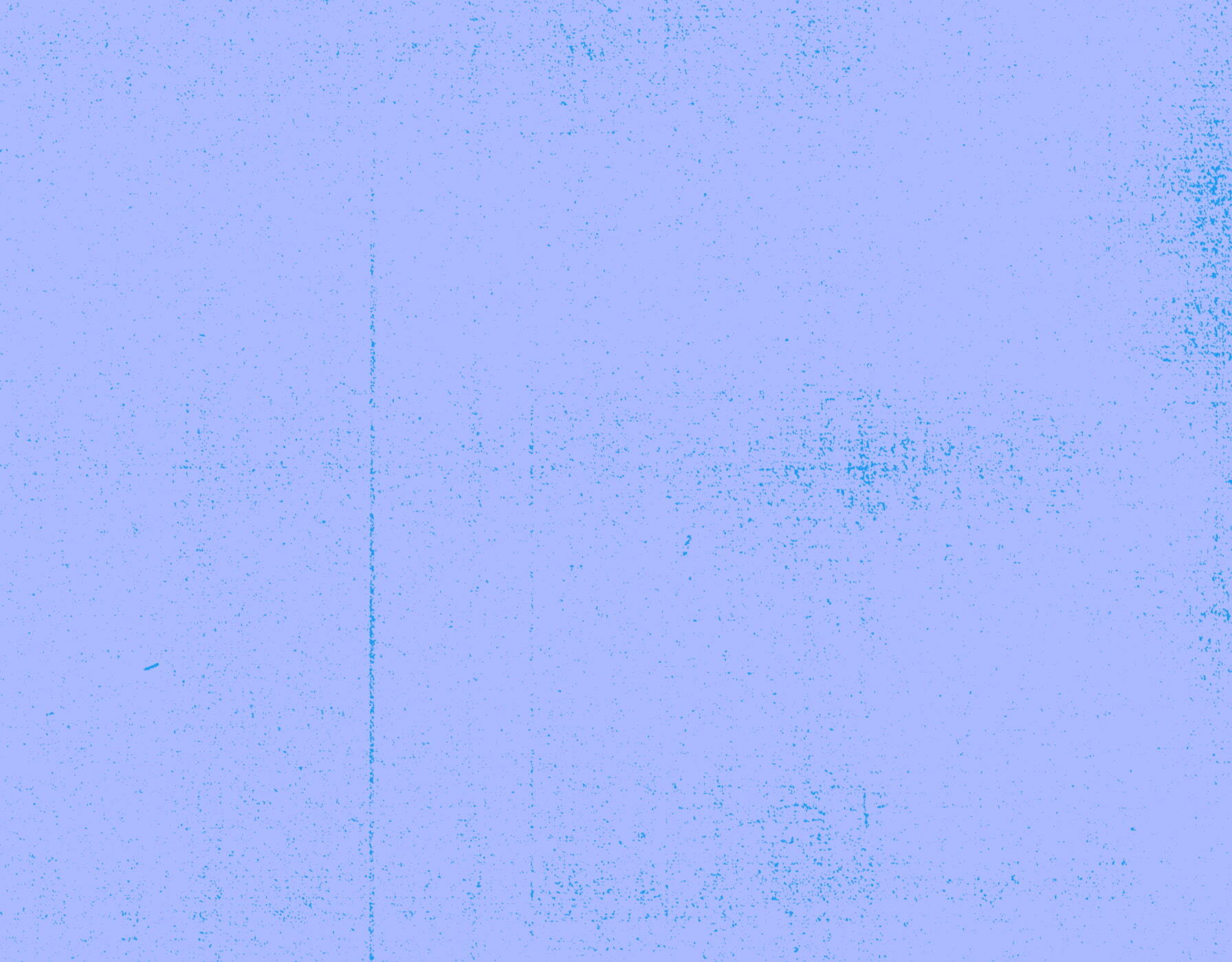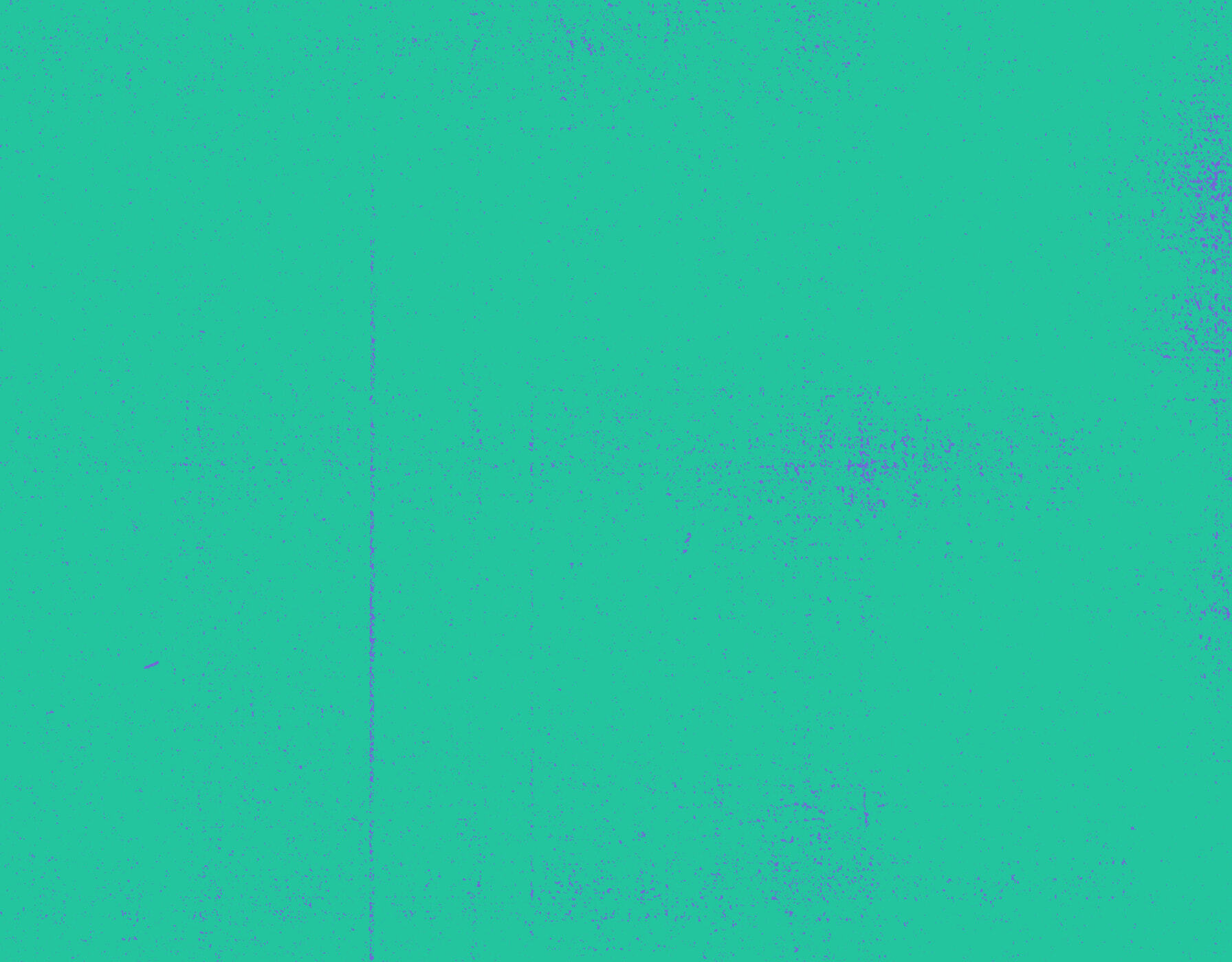Op-Ed | Notifications On
Notifications On for Tess Gattuso
Creators are ahead of the curve when it comes to viral trends and impactful cultural moments — they foster meaningful connections that resonate with audiences across the globe. Notifications On showcases the best and brightest Creators on Twitter. For this edition, we’re talking to Tess Gattuso, comedian, writer, and meme scholar, about creating things you’re invested in, mixed media content, and prioritizing mental health.
I'm fast, funny, and thoughtful, so, of course, my content is also fast, funny, and thoughtful. I call what I do mixed media comedy. I feel like that term hasn't truly been coined yet or talked about, but I have a lot of friends who are all doing what I do: one-liners, memes, videos, characters, sketches, monologues, improvising, and writing conversations. It's all mixed media. As things get more digital, I think it will get more and more common to treat digital platforms like people treat open mics. Except for when you have a digital platform, your audience is people of all ages, all over the world.

I didn't really have a strategy when I started creating content. I was just really into memes. I naturally love them. The way that someone likes playing an instrument with no reason other than wanting to play an instrument. I wanted to dive into the meme space because it brought me joy. I collected all my years of being online, as well as my studies in politics and intersectional feminism, and that's what all my content explores.
Online, there’s a place for my very specific voice. I connected [to memes and digital content] from a young age. I feel in community with the digital space — it’s where my people are. A lot of people tiptoe around sensitive issues in real life, but online, people joke about trauma and the dark elements of reality. You can just go for it and see what happens.

Before I was creating digital content, I was doing live comedy shows, writing endlessly to see what worked, and pitching websites like Reductress. All of it was an exercise in seeing what did and did not perform well. I learned what hit and what didn’t. On top of the comedy, though, I’ve always been invested in reading the news. So, when it comes to writing a script that deals with what’s going on in the world, I don’t have to do a ton of research because I’m already well versed in the content.
I always make sure that I am very real on my personal platforms. I do some branded and freelance work, but I make sure that those partnerships are into what I’m doing. It's worked out well so far, and it's helped get me into good spots. At the end of the day, I'm advocating for human rights, dignity, and respect, and that shouldn't be scary to anybody. What I have to say seems to be resonating more than ever has, so I'm just gonna keep doing me.
What I love about Twitter is the speed and efficiency at which you can create content and then how quickly it spreads. You don't even see it spreading because people text it to their friends, they email to people, and they share it with whoever they're hanging out with. Then you hear about that through DMs and anecdotes that people share. So much of my content is shared in different languages, and I use Google Translate to understand what people are saying about it. The international aspect is so exciting to me.
I've also made strong, genuine friendships with artists, journalists, and activists whom I deeply respected before we met. I've met so many friends on Twitter. The people who I connect with tend to have similar strong interests in identity and queerness particularly. When people ask, “How do you meet people?” I always mention Twitter. It’s just a good place to meet folks because people are speaking their mind in a way they can't in real life. I'm especially close to two people, in particular, who have been so supportive, Jordan Uhl, an activist, and Robin Tran, an incredible comedian.

My viral moment came when I had 600 followers, and then I posted my Gay Best Friend video — overnight, I got 12K followers. It was one video. At that point, I was like, “Whoa, I don't know my strategy.” But I think that if you post something remarkable, people will share it. When I post content, it's to give people a look into what my long-form writing is like. I write screenplays and if you like my content, then you would love my screenplays because those are taken to another level. The one question I ask every time I post is: Is this my voice, and will I stand by this as I age? Because once it’s out there, it’s there for a while.
I had to learn over quarantine, though, to prioritize my mental health. Mental health is more important than the idea of a content schedule and charting your growth. I don't do that, but people assume that I'm posting every day. I think it's just because, when I do post, it makes an impact. I don't think people need to be burning themselves out on content to be relevant.
I make content because I love it. If you want to make content, that’s what I recommend: Do it because you like it. When I need to make a video, it’s not like I have to make a video. It's like, “Well, I have an idea for a video, and it's all I want to do right now.” It's fun to me, but I think what scares people is the vulnerability of it. But vulnerability is a strength, and if you are an artist and want to do something that requires an audience, then you have to be vulnerable. You need to work through it until you're comfortable with it, and then it's pretty liberating. There is a lot out of your control, so don't feel bad if something doesn't hit. That doesn't mean it's bad, it just means luck wasn't in the air.
Featured collection
Notifications On
Hear more from the best and brightest creators on Twitter in the Notifications On collection.